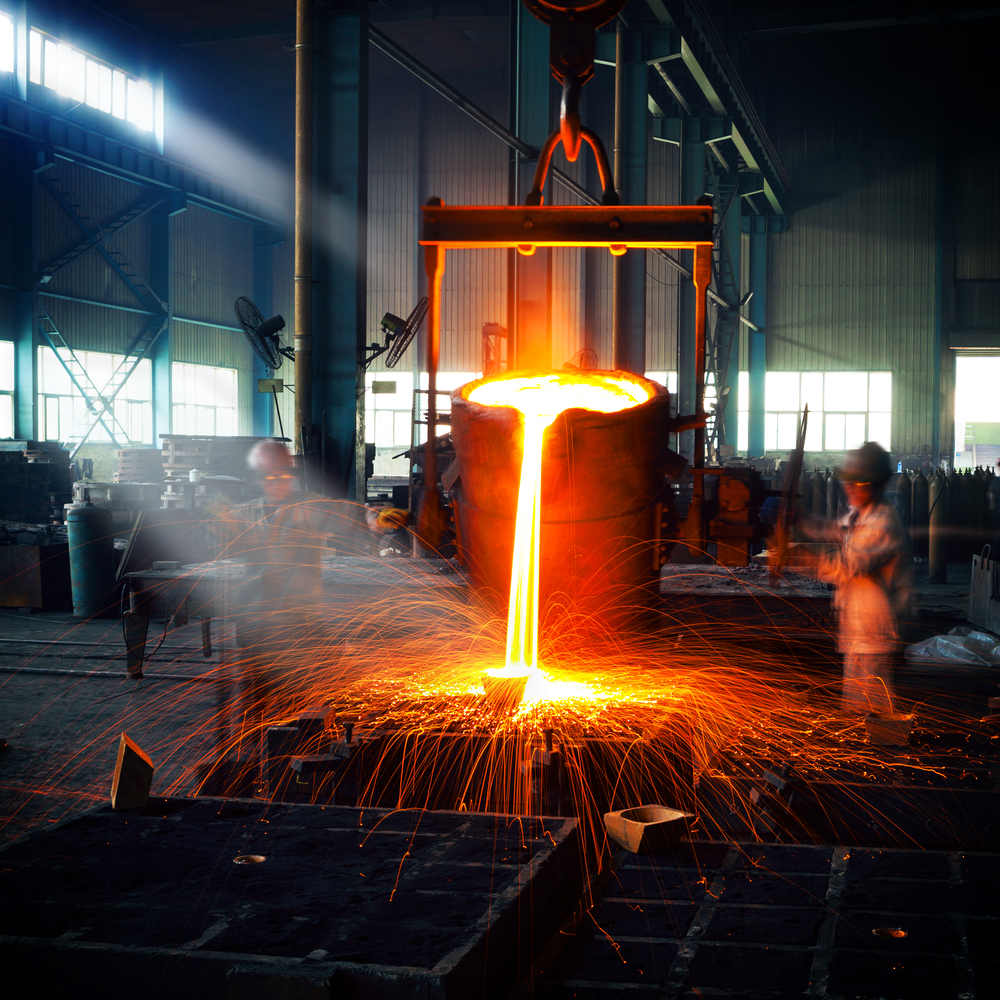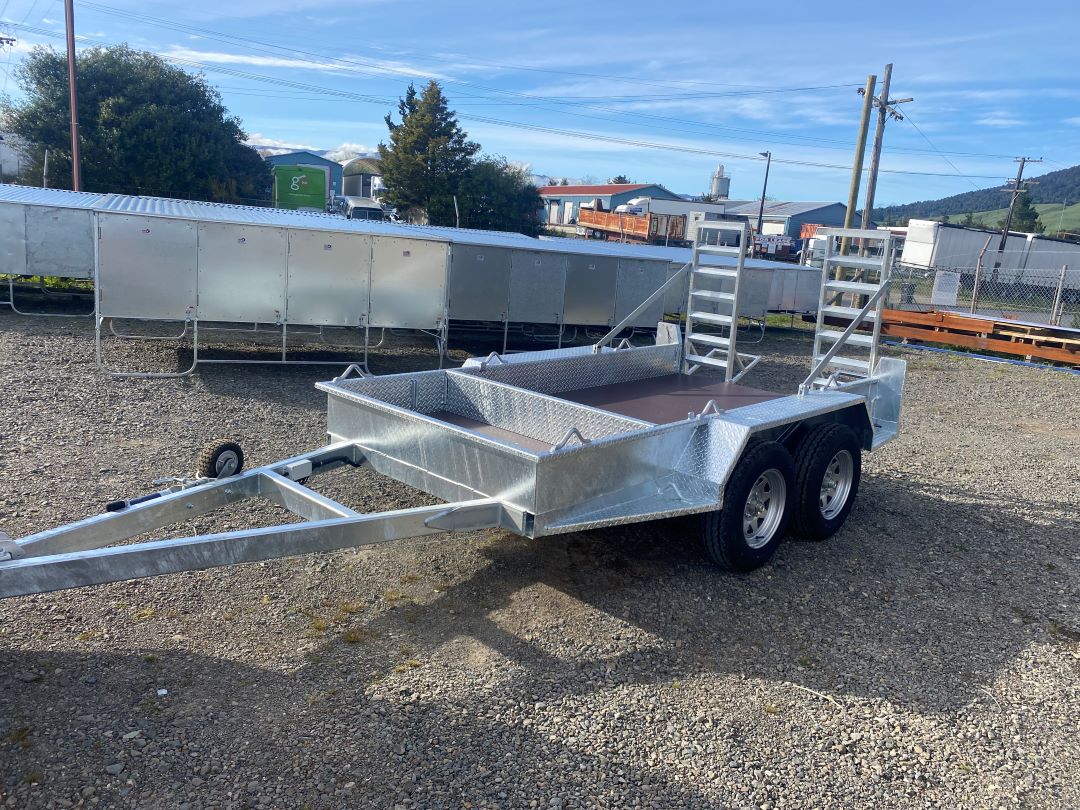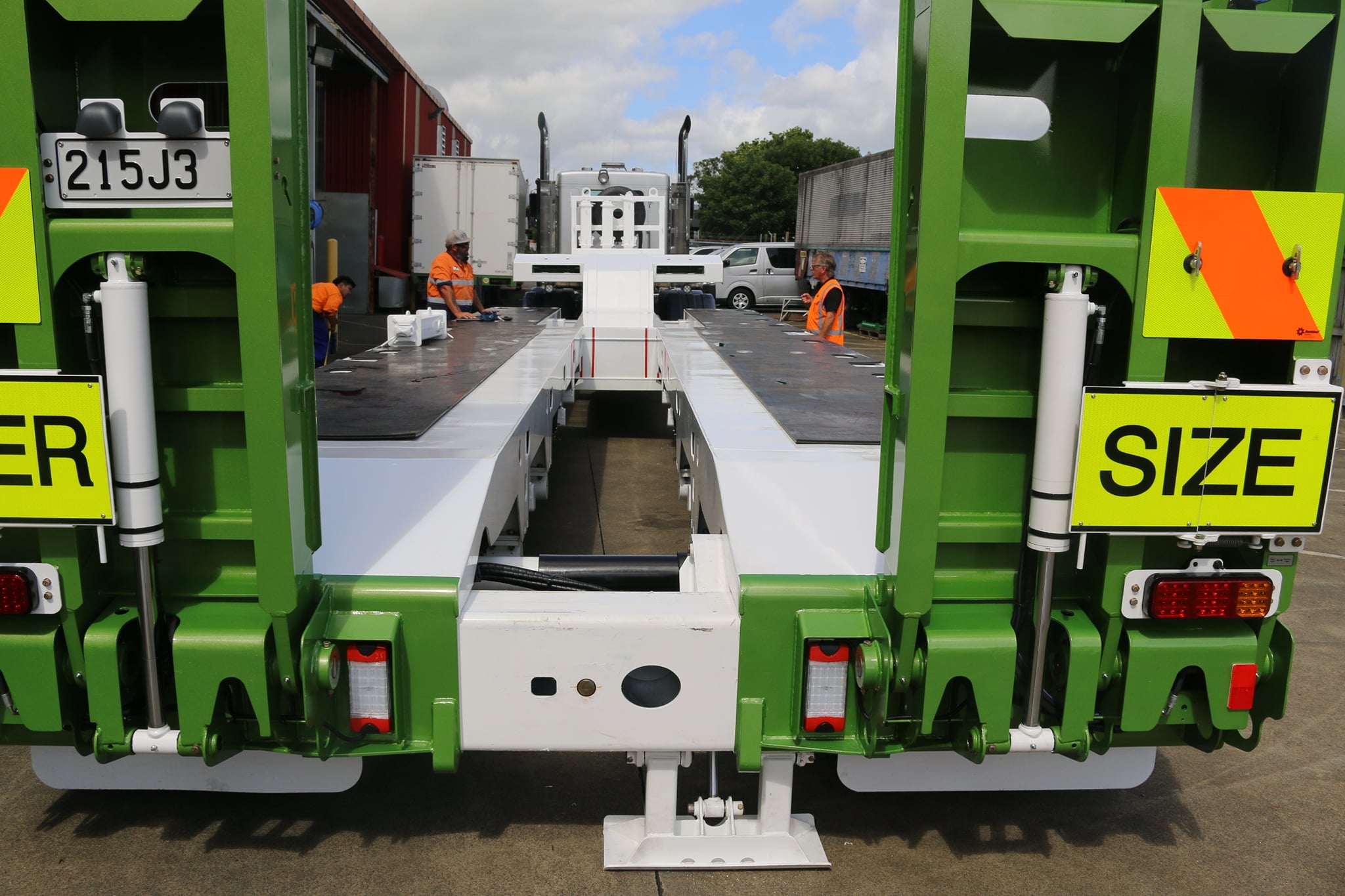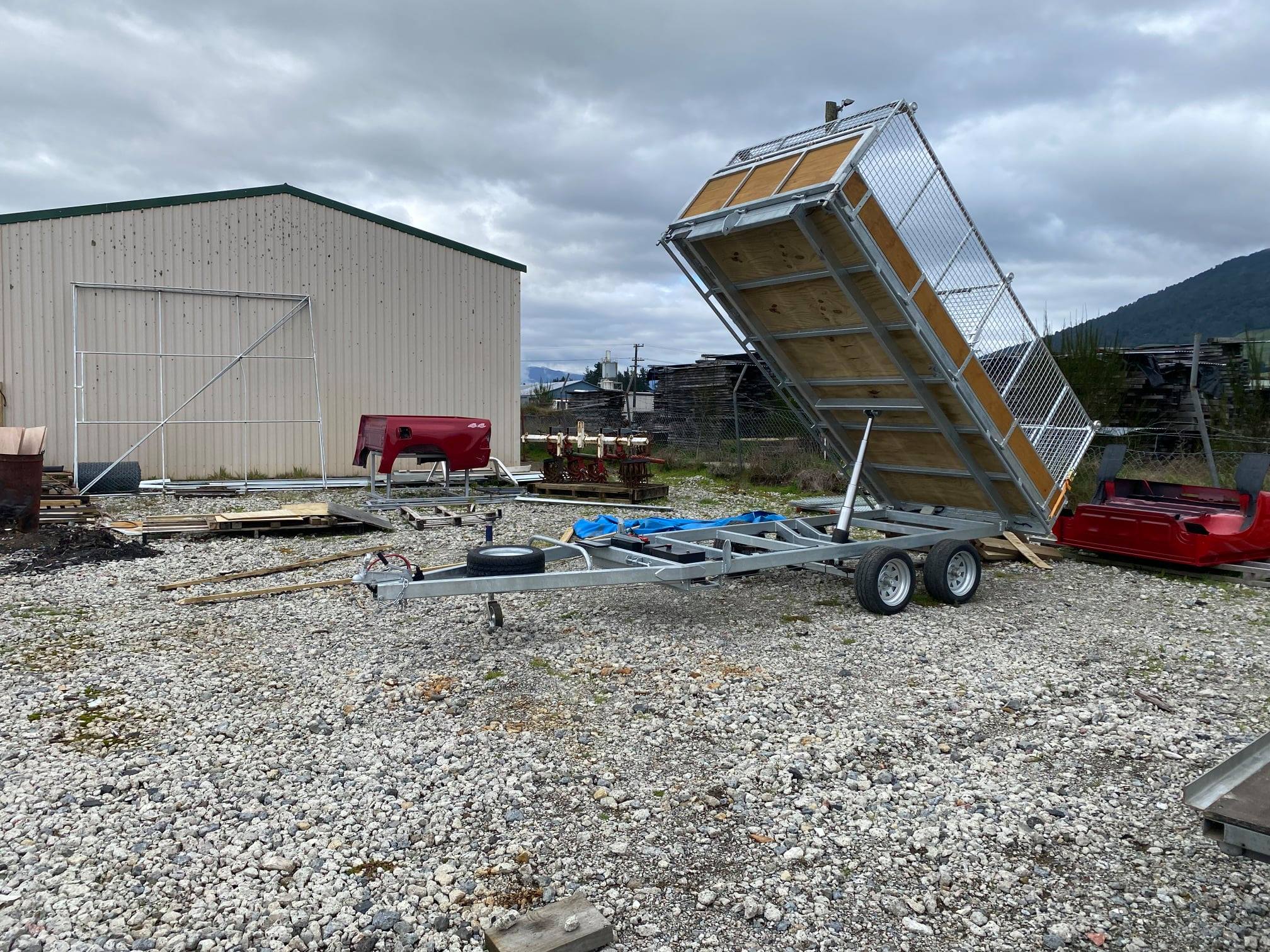
How the rising prices in steel affect Trailer manufacturers in Australia
Introduction
The rising cost of steel is having a flow-on effect for Australian trailer manufacturers, with some businesses already feeling the pinch and warning customers of price hikes to come.
The cost of steel has been on the rise since early 2016 and is now at its highest level in years. For Australian trailer manufacturers, this means an increase in the cost of raw materials, which is putting pressure on profit margins.
The rising cost of steel
In recent years, the price of steel has been on the rise, causing hardship for industries that use metal as a key input. The cost of producing steel has increased due to a number of factors, including:
Higher prices for raw materials
The price of iron ore, one of the main inputs into steel production, has more than doubled over the past two years. This is largely due to increased demand from China, which is by far the world’s largest steel producer.
Energy costs
The price of natural gas, another key input into steelmaking, has also been rising in recent years.
Tightening global supply
The global steel industry is currently operating at around 80% of capacity, leaving little room for unexpected disruptions. This has led to concerns about a potential supply shortage, and has contributed to rising prices.
Factors that have also contributed to the tightening of global supply are the COVID-19 pandemic and the current economic depression.
Currency fluctuations
The strong US dollar has made imported steel more expensive for US buyers, further driving up costs.
The rising cost of steel is a major concern for industries that use the metal, as well as for consumers who buy products that contain steel. In the short term, there is little that can be done to reverse the trend. However, in the long term, it is important to increase global steel production capacity in order to meet future demand and avoid supply shortages.
How this affects trailer manufacturers
As the price of steel increases, the cost of trailer production also rises. This affects trailer manufacturers in a number of ways. For one, it raises the cost of raw materials. In addition, it affects the bottom line because steel is a major component in trailers.
As the cost of steel goes up, the price of the finished product must also increase in order to cover the increased costs. This puts pressure on trailer manufacturers to either raise prices or find ways to reduce costs in order to stay competitive.
The impact on consumers
Consumers are likely to be discouraged from purchasing a trailer due to the increasing prices. Hiring a trailer may become a more attractive option for consumers in order to save some money.
The way forward for trailer manufacturers
The way forward for trailer manufacturers is in question as the price of steel continues to rise. Steel is the primary material used in trailer manufacturing and the cost of this raw material has increased. This dramatic increase in the cost of steel has put pressure on trailer manufacturers to find ways to reduce their costs or pass the cost increases on to their customers.
Trailer manufacturers have been forced to experiment with other materials where possible. Materials, such as aluminium and composites are a potential alternative but while these materials may offer some savings, often the Steel cannot be replaced due to its longevity and durability qualities.
However, these measures have not been enough to offset the entire cost increase and trailer manufacturers are now facing the difficult decision of whether to pass the increased costs on to their customers or to absorb the costs themselves.
The rising cost of steel is just one of the many challenges facing trailer manufacturers. The industry is also facing increased competition from overseas manufacturers, who are able to produce trailers at a lower cost.
Given these challenges, it is uncertain what the future holds for trailer manufacturers. However, the industry has shown a remarkable ability to adapt and change in the face of adversity. trailer manufacturers will continue to face challenges, but they will also continue to find ways to succeed.



